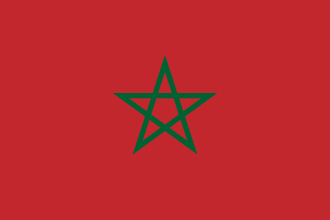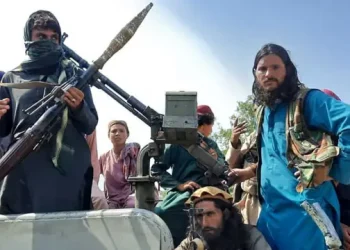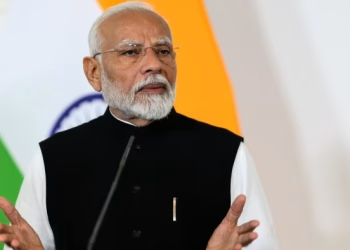RABAT — Morocco’s youth-led demonstrations entered a new phase this week, as organizers stressed their non-violent stance and broadened a list of socio-economic demands that includes sweeping reforms to health and education and urgent job creation for young people.
The protests, coordinated by an online collective called Gen Z 212—a reference to Morocco’s international dialling code—have gathered momentum across major cities and towns. The group, which says it has more than 180,000 members on the gaming and streaming platform Discord, insists the movement is peaceful and inclusive.
“We took to the streets to express our demands in peaceful demonstrations, in a neutral way and without violence,” said one participant, Benayyad, who earned a biology degree from the Faculty of Sciences in Salé in 2025. “As for the acts of violence and vandalism witnessed since Tuesday and Wednesday—those have nothing to do with us. We are conscious and educated youth, whether with or without academic degrees.”
State media reported at least two deaths after security forces opened fire on protesters allegedly attempting to storm a police station in Lqliaa. Authorities have not released further details, while organizers urged restraint and called for an independent inquiry into the incident.
The protests challenge a persistent perception that Morocco’s Generation Z is politically disengaged. Instead, participants say, the movement channels mounting frustration over high youth unemployment, the cost of living, and uneven public services. Many—degree holders and non-graduates alike—say their qualifications fail to translate into stable jobs or clear career pathways.
“I want to build a family, to buy a house,” said Benayyad. “The problem is that the government does not provide us with guidance regarding our educational future. For example, I have a degree in biology, but I don’t know where I will be able to work.”
Demonstrators have also questioned national spending priorities as Morocco prepares to co-host the 2030 FIFA World Cup, a project expected to require billions of dollars in stadiums and transport upgrades. While acknowledging potential economic benefits, protesters argue that urgent investment is needed first in hospitals, schools and job programmes.
Their platform includes comprehensive health and education reform, youth employment schemes, affordable housing, improved public transport, better wages and pensions, and lower or subsidised prices for basic goods. Organizers have called for structured dialogue with the government and concrete timelines for implementation.
“We are Generation Z,” said Benayyad. “We are in our twenties, we want a decent life, we want to build families.”
Authorities have appealed for calm as the demonstrations persist. Civil society groups are urging all sides to avoid escalation and to prioritize negotiations that address the movement’s core socio-economic grievances.





















